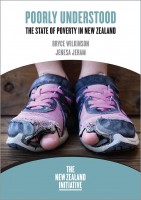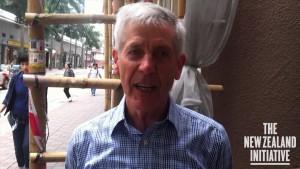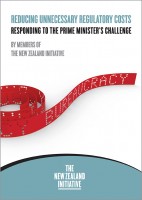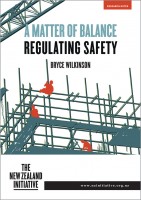
Poorly Understood: The State of Poverty in New Zealand
Poorly Understood recognises that poverty is a complex and multi-faceted issue. It presents an overview of poverty-related issues: its definitions; its measures; its causes; and its history. Read more







